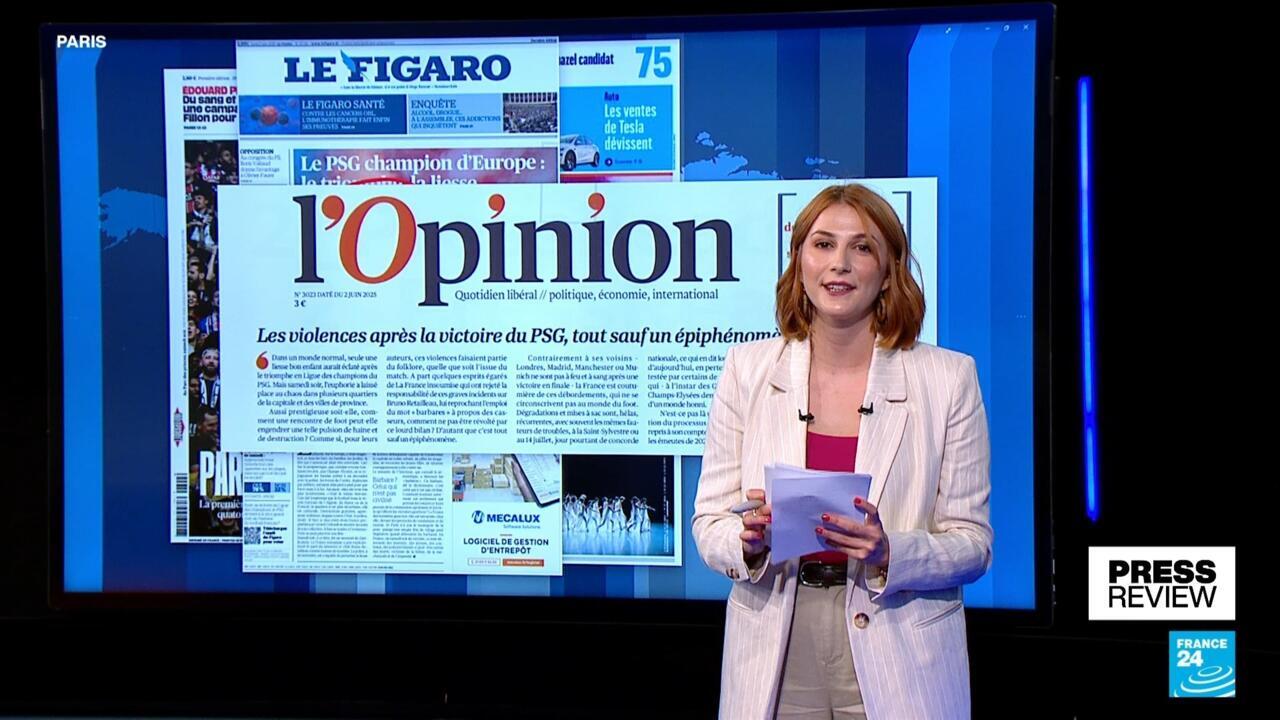Amid escalating trade tensions and growing policy uncertainties, the global economy stands at a fragile turning point, according to a new report on Thursday from the UN Department of Economic and Social Affairs (UN DESA).
Tariff-driven price pressures are adding to inflation risks, leaving trade-dependent economies particularly vulnerable.
Higher tariffs and shifting trade policies are threatening to disrupt global supply chains, raise production costs, and delay key investment decisions – all of this weakening the prospects for global growth.
General slowdown
The economic slowdown is widespread, affecting both developed and developing economies around the world, according to the report.
In the United States, growth is projected to slow “significantly”, said DESA, as higher tariffs and policy uncertainty are expected to weigh on private investment and consumer spending.
Several major developing economies, including Brazil and Mexico, are also experiencing downward revisions in their growth forecasts.
China’s economy is expected to grow by 4.6 per cent this year, down from 5.0 per cent in 2024. This slowdown reflects a weakening in consumer confidence, disruptions in export-driven manufacturing, and ongoing challenges in the Chinese property sector.
Inflation risks
By early 2025, inflation had exceeded pre-pandemic averages in two-thirds of countries worldwide, with more than 20 developing economies experiencing double-digit inflation rates.
This comes despite global headline inflation easing between 2023 and 2024.
Food inflation remained especially high in Africa, and in South and Western Asia, averaging above six per cent. This continues to hit low-income households hardest.
Rising trade barriers and climate-related shocks are further driving up inflation, highlighting the urgent need for coordinated policies to stabilise prices and protect the most vulnerable populations.
Developing economies
“The tariff shock risks hitting vulnerable developing countries hard,” said Li Junhua, UN Under-Secretary-General for Economic and Social Affairs.
As central banks try to balance the need to control inflation with efforts to support weakening economies, many governments – particularly in developing countries – have limited fiscal space. This makes it more difficult for them to respond effectively to the economic slowdown.
For many developing countries, this challenging economic outlook threatens efforts to create jobs, reduce poverty, and tackle inequality, the report underlines.

© IOM/Robert Kovacs
Francoise picks out vegetables to resell to the Congolese traders at the Elakat market in the DRC.
Where next?
Latest news
Read the latest news stories:
- Young Africans Priced Out of Cities as Urban Housing Crisis Deepens Thursday, May 15, 2025
- Mask Off – Recapping the 2025 World Bank Land Conference Thursday, May 15, 2025
- ‘We are still waiting for our loved ones’: Families of the abducted speak out Thursday, May 15, 2025
- Gaza: New displacement orders force thousands to flee as famine looms Thursday, May 15, 2025
- Sudden escalation of trade tensions sends shockwaves through global economy Thursday, May 15, 2025
- UN needed ‘more than ever before’ says Germany’s candidate to head General Assembly Thursday, May 15, 2025
- Over 60 per cent of the Arab world still outside the banking system Thursday, May 15, 2025
- Libya’s fragile peace tested again as new clashes roil Tripoli Thursday, May 15, 2025
- ‘The world is failing its health checkup,’ says WHO Thursday, May 15, 2025
- UN Warns of Exacerbated Famine and Malnutrition in Gaza Wednesday, May 14, 2025
Link to this page from your site/blog
Add the following HTML code to your page:
<p><a href="https://www.globalissues.org/news/2025/05/15/39866">Sudden escalation of trade tensions sends shockwaves through global economy</a>, <cite>Inter Press Service</cite>, Thursday, May 15, 2025 (posted by Global Issues)</p>… to produce this:
Sudden escalation of trade tensions sends shockwaves through global economy, Inter Press Service, Thursday, May 15, 2025 (posted by Global Issues)

 2 weeks ago
9
2 weeks ago
9










 English (US) ·
English (US) ·